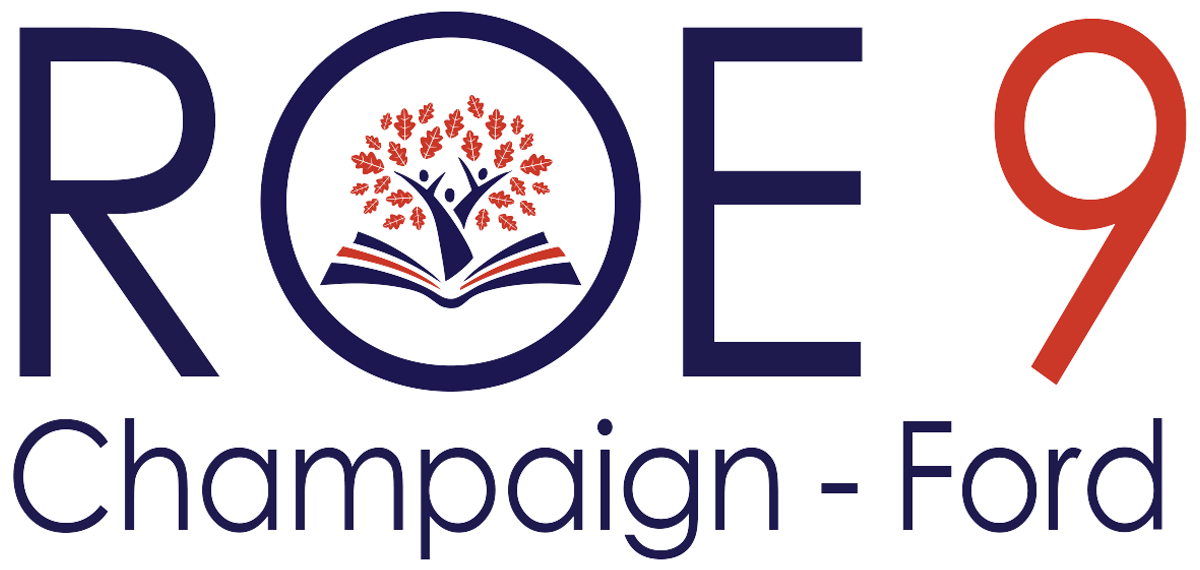URBANA — What do robotics, public speaking, filmmaking and dancing with Beyoncé’s choreographer have in common?
They’re all things students in the NAACP Afro-Academic, Cultural, Technological and Scientific Olympics have opportunities to do, and win national awards in the process.
Locally, one such award winner is Urbana High student Mycal Turner, and one newly experienced dancer is recent Rantoul Township High graduate Natre’ail Mahalick.
They and Urbana High student Te’Shyah Spinks just returned from a trip to Boston for the annual national competition, part of the NAACP conference held July 26-Aug. 1.
All three, as well as a fourth student who couldn’t make it to nationals for other reasons, were not only gold medalists in local competitions but scored over 95 out of 100 points in their fields, making them eligible to compete against hundreds of students from all over the country.
“You see the headlines about us — it’s not always positive,” Turner said. “You see a complete different story when you travel with ACT-SO and you see all the young Black people being great and doing great things.”
Turner said he was inspired to see Black people excelling in fields other than athletics, which has become one of the few areas they are consistently recognized.
He competed in oratory, delivering a speech titled “The Self-Discovery of Optimism” which earned him the gold medal.
Judges for each of the many categories have rubrics to grade contestants, so Turner was judged on his delivery and ability to capture an audience’s attention.
Mahalick skipped her painting competitions and many of the fun activities attendees participated in during the conference to take the chance to dance with Anthony Burrell.
Burrell is known for creating tour and music-video choreography for Beyoncé, and Mahalick said he brought high standards to rehearsals with the ACT-SO teens.
“He is really tough,” she said, clapping to emphasize. “But he gets the job done. The performance was pretty good, I’d say.”
Working with Burrell replaced the dance competition at this year’s event, but students still had to audition for the chance to participate.
Barbara Gillespie, the local ACT-SO chair who led the Boston trip, pointed out that not only did Mahalick and Spinks both make it into the performance, but they were in the front row.
“It was very invigorating to me to see these young ladies willing to put that much time, energy and effort into this,” Gillespie said. “You don’t get these opportunities very often.”
Opportunities and connection are what the ACT-SO competition is all about, she said.
Gillespie said medalists can win sizable scholarships, but she has seen students get scholarships just because a judge or mentor liked their work, regardless of whether they won.
Judges are often prestigious members of their fields, hailing from organizations like The Metropolitan Museum of Art or NASA.
Turner said that is one of the reasons he finds ACT-SO so valuable.
“Even though I won a gold medal this year, I still am going to go back and look at their feedback, because anything they say you can use to up the level of your performance,” Turner said.
The local ACT-SO chapter also makes an effort to connect students with talented people in the community, bringing guest speakers to its monthly meetings — including artist and University of Illinois graudate Angela Rivers, Champaign Community Relations Manager Tracy Parsons and WCIA anchor Matthew White — and covering a topics that range broadly though ACT-SO’s different areas of study.
Gillespie said teaching Black history has become a priority as she realized how little the students knew about the subject.
“You can’t understand where you’re going if you don’t know where you’ve been, and you don’t really appreciate where you come from,” she said.
Now when the local chapter travels, it makes detours to historical sites the kids might otherwise not get a chance to visit.
In Boston, the group took a Sunset Cruise boat tour — Mahalick remembered the name of company because she was sad about not being able to go due to her commitment to dance.
Mahalick and Turner both joined ACT-SO in high school, but the chapter is also open to middle school students, even though they aren’t old enough for competitions.
This was Mahalick’s last year with the program, as she will be attending Virginia State University in the fall, but Turner and Spinks have a couple more years as they are both about to be juniors at Urbana.
Gillespie spoke highly of her fellow board members, school administrators and parents who all worked to get kids involved in the local chapter,
“We want these young people to know how valuable they are,” Gillespie said. “As adults, we’re planting seeds every day.”
Mahalick and Turner praised Gillespie — or “Miss G” — in turn for all her work and encouragement to stay in the program.
“Let’s not forget to give credit where it’s due,” Mahalick said.
“She’s the definition of a ‘finer woman,’” Turner added, nodding sagely.

